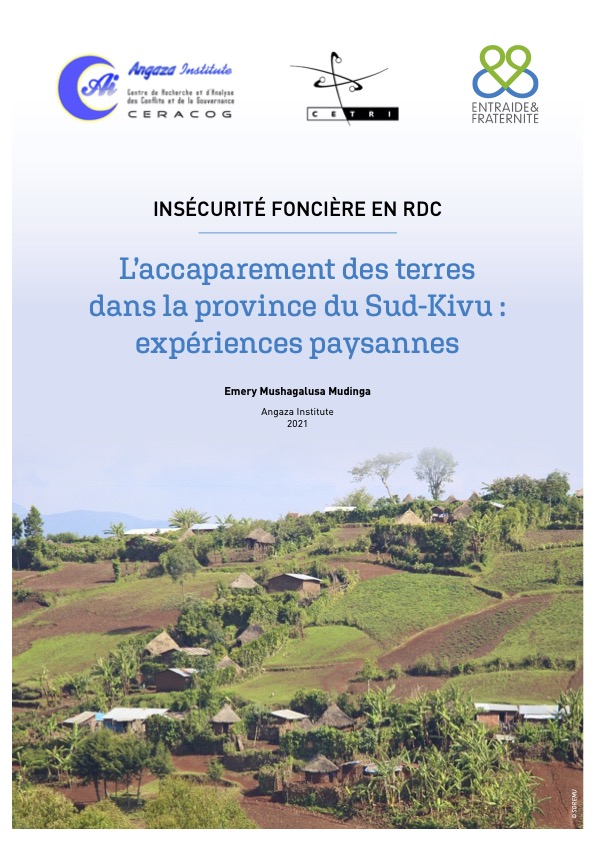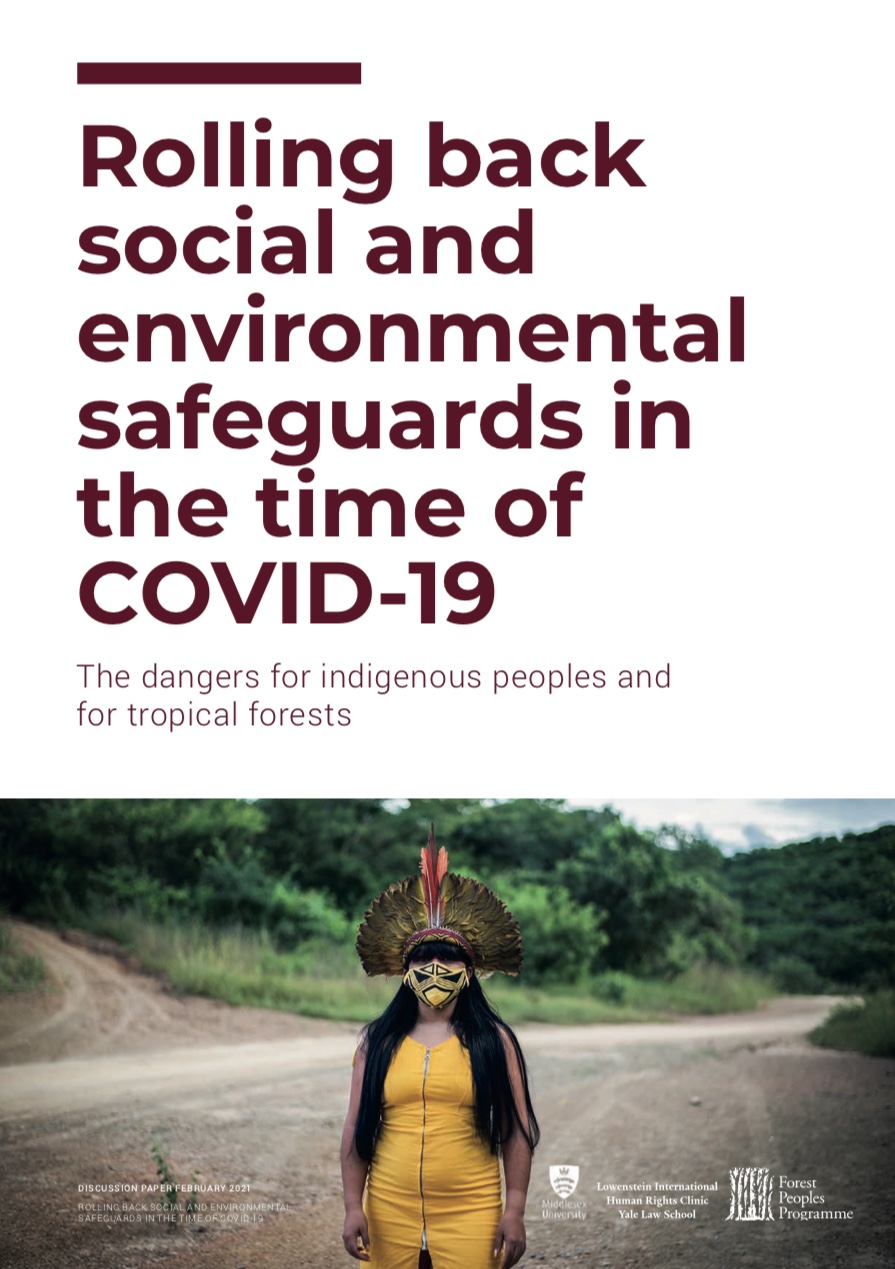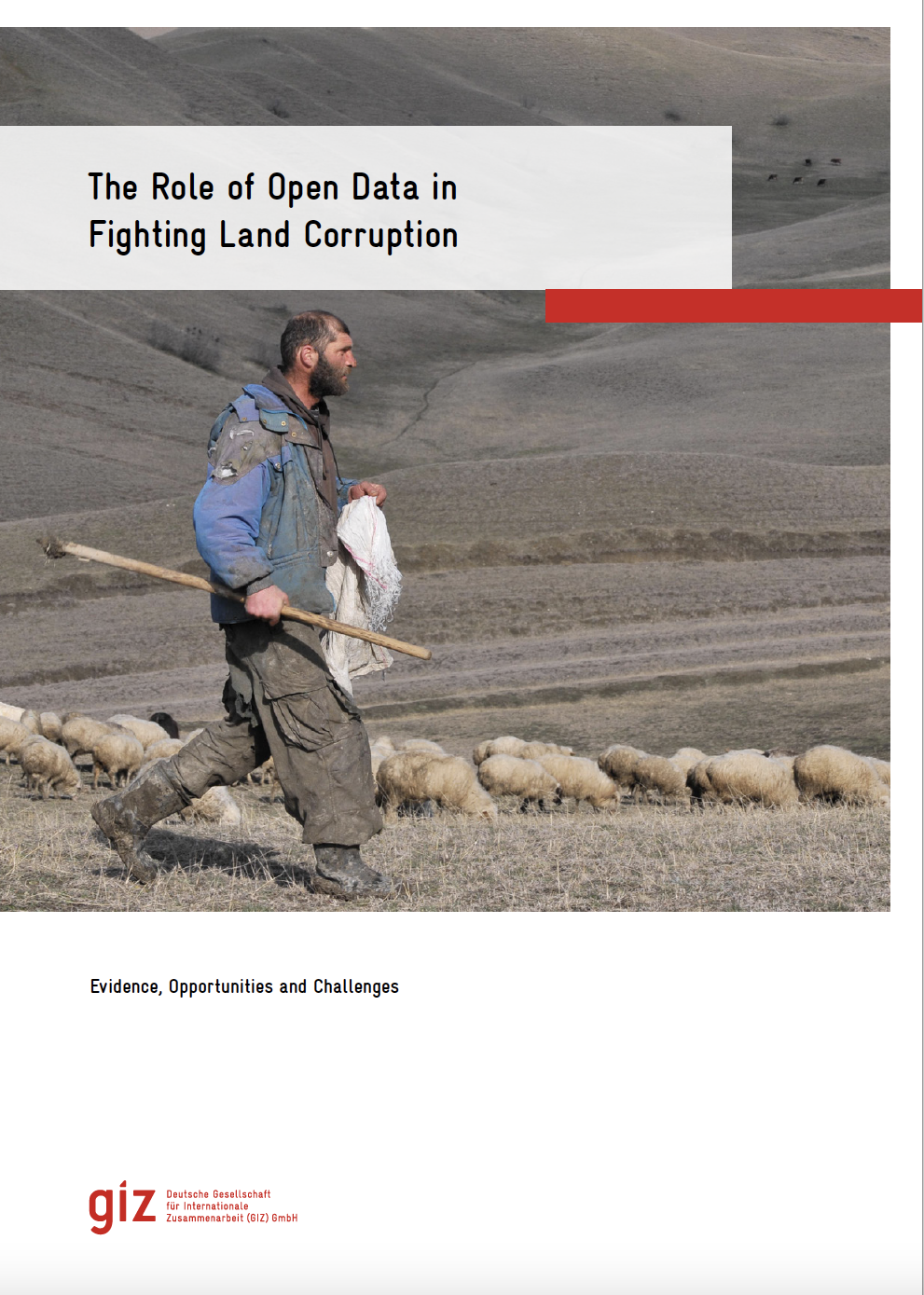Making land grabbable: Stealthy dispossessions by conservation in Ngorongoro Conservation Area, Tanzania
This paper seeks to answer the question: how does land become grabbable and local people relocatable? It focuses on the historical and current conditions of land tenure that enable land grabbing. While recognising the important contributions thus far made by the critical literature on land grabbing, this paper moves forward towards understanding specific processes that befall before land is grabbed and its original users relocated.









